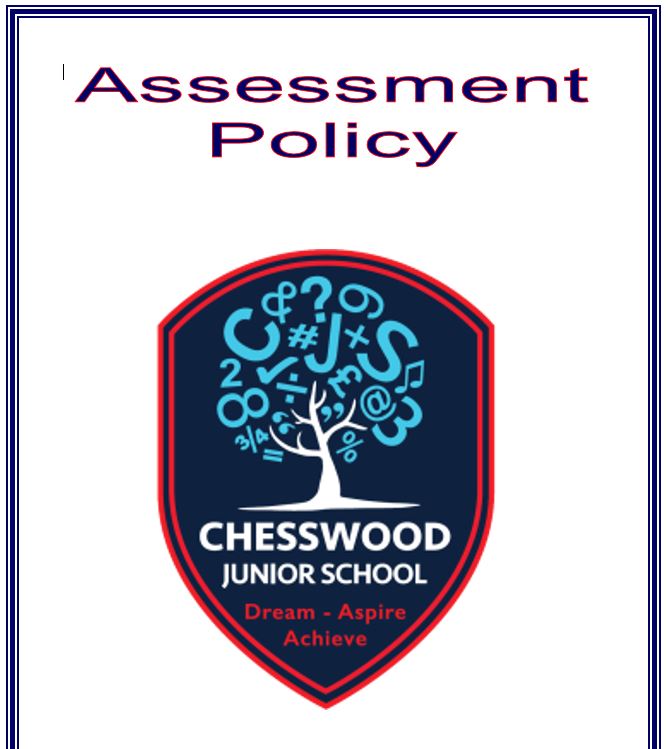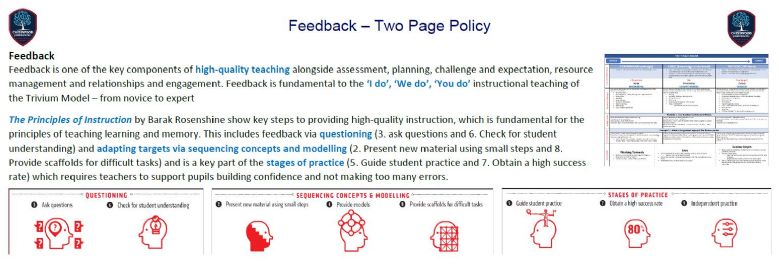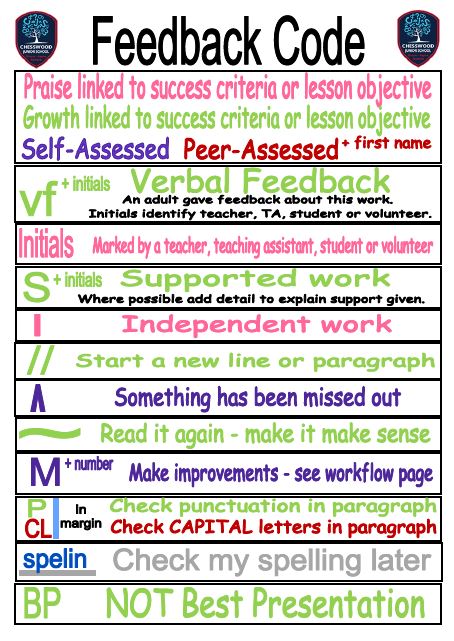Assessment
Securing Effective Learning
This guide explains the connections we forge between our curriculum, teaching and learning and assessment to impact on achievement.
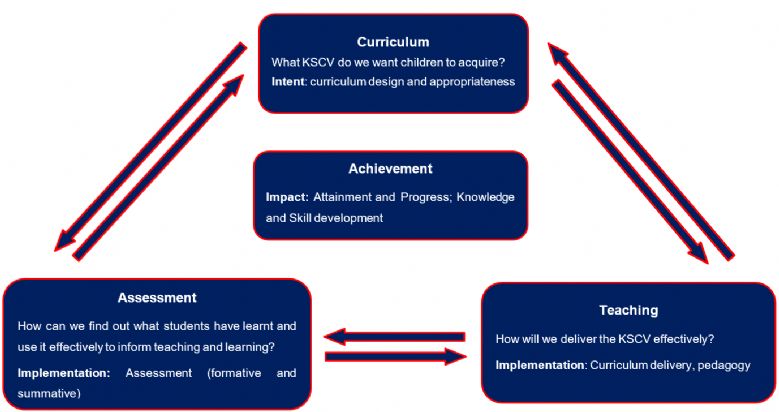
Click on the image below or follow this LINK to open
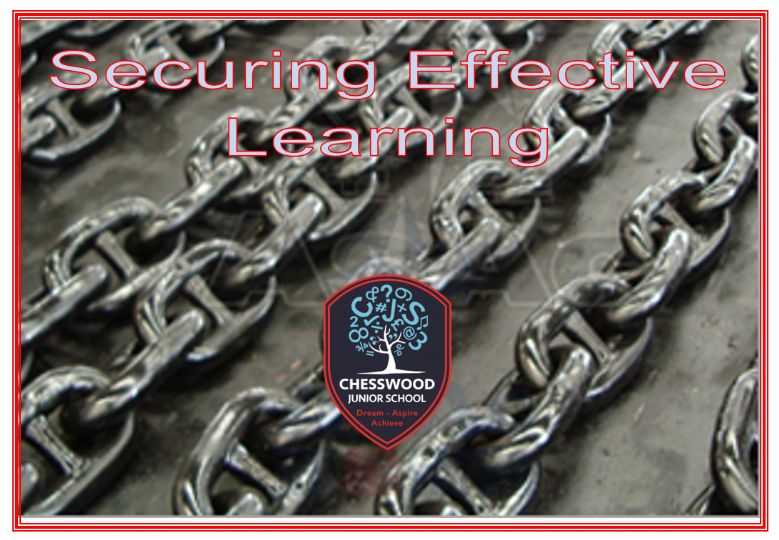
VISION
The assessment culture within Chesswood Junior School will actively involve children within their own learning; sowing the seeds for independent lifelong learning. Assessment processes will enhance children’s self-esteem ensuring they develop the confidence to reflect on their achievements and critically evaluate how they may further improve their learning in the future. The assessment culture within the school clearly recognises without a miracle or a magic wand that all academic staff need to constantly focus on where the child is, and has been, within their learning and where it will be possible to take them next. In order to achieve this, teachers supported by teaching assistants and higher level teaching assistants will maintain an in depth knowledge of the National Curriculum and the programmes of study in order to accurately determine future learning programmes for all children. Comprehensive summative and formative assessment processes are of central importance in supporting accurate and reliable decisions regarding future learning pathways for children’s learning. The involvement of parents and the development of their understanding of ‘next steps’ for their children is seen as a critical factor in securing success for a child.
Strategy
Learning and teaching at Chesswood Junior School will be supported by comprehensive assessment processes which first and foremost support children’s learning and future progress. The formative assessment culture will ensure children become increasingly engaged in their own learning, developing skills to support self and peer assessment. Summative and formative assessments will be analysed to monitor and critically evaluate the success or otherwise of teaching, intervention and current programmes of study. The school improvement plan will reflect the findings from the summative and formative assessment analysis. Governors, personnel and parents will fulfil their roles as specified within the assessment policy, specific job profiles and the home school agreement – ensuring assessment processes are transparent, consistent, valid, reliable and above all inform future teaching and learning.
Assessment Principles
Planning, teaching, assessment and feedback foci must align and inform each other. Critically, the learning intentions and success criteria must form a central reference point for the teacher, assistant and learner when achievements are being assessed and next steps are considered.
Assessment for learning must
- Be part of effective planning for learning and teaching.
- Be recognised as central to classroom practice.
- Be regarded as a key professional skill for teachers.
- Be sensitive and constructive because any assessment has an emotional impact.
- Take account of the importance of learner motivation.
- Promote commitment to learning goals and a shared understanding of the criteria by which they are assessed.
- Provide learners with constructive guidance about how to improve.
- Develop a learner’s capacity for self-assessment so that they can become reflective and self-managing.
- Recognise the full range of achievements of all learners.
- Be used to clearly communicate a child’s next’s steps to the child and their parents.
Termly Reports
Of central importance to the assessment system is that families receive frequent achievement information that may be used by both families and professional to identify what is going well; the areas for development and the priorities within these areas. The assessment report published each term and accompanied by a termly parents meeting is the central document to support this. The report does not provide the answers or the next steps but it does identify where to look more carefully and reliably to reflect and consider next steps in partnership with school professionals. We really believe in this system and the need for parents to step out of their comfort zone to understand a range of technical information that, if understood and used to determine and encourage next steps with children will lead to accelerated progress and higher achievement. The system and the transparency, along with expectation of families to get to understand content is almost certainly far beyond that used in any other school in the country.
Policies
Resource |
Link |
Assessment Policy |
|
Feedback Policy |
|
Feedback Code |

